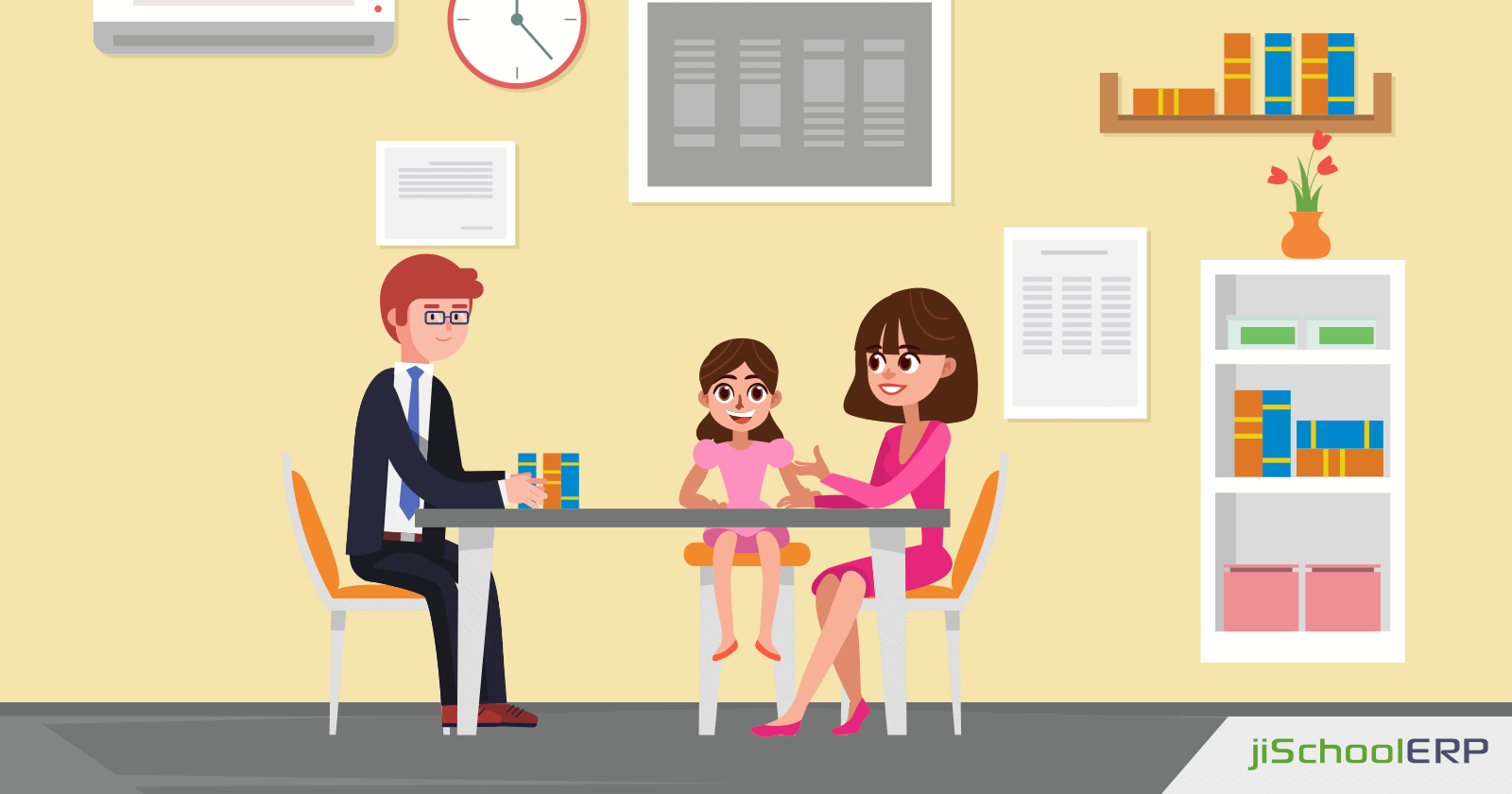The best tip to help ensure the success of a child in school is to make sure that the school and parents are working together as partners. Establishing that togetherness can be somehow tough, since the school management and parents don’t have the time to meet frequently. However, putting in that extra commitment and effort to establish constant means of communication with parents will definitely go a long way- it will in fact provide you with some benefits. These benefits are not for the school alone, but for the two parties involved (school and parents). Parents are advised to get involved in the academic progress and growth of their children, both inside and outside of the classroom.
Getting involved don’t just end at them paying their fees and sitting back, it means you have to keep checking on how their performances are in school, rather than just letting the teachers do that alone. Both parents and schools aim at training the child, while the school are experts in training academically, the parents are the main expert of their children. They know their learning process, what energizes them, what bores them, what they have interest in, the things they like and the things they do not like, and what might be affecting their learning process in school. So establishing that communication to combine the information gotten from both sides will help form a better understanding on the child. This is not of benefit to the parents and school alone, but also to the child.
Methods of Communication
We have stated above that there is need for schools and parents to establish a means of constant communication. The communication to be established must be a two-way type, whereby both parties can participate and share information. We have many methods of communicating, but each party involved should work with one that has a positive two-way method. Here are 4 ways by which parents and schools can create a two-way positive communication:
1. E-mails

2. Face-to-face

3. Phone calls

4. Text messaging

Benefits of Establishing a Communication
The level and manner by which the school communicate with the parents affects the extent and level by which the parents will involve in the child’s learning. For example, a school that communicates the excellent academic performances of students to parents is encouraging them to get involved more in their learning.
The school and parents become partners in educating the child. When you involve a parent in their progress in class, they can help better by giving information that will enhance their learning process in class and help them progress effectively.
The parents also have a sense of involvement as they feel connected with the school. Building the trust they have in the value of education the school provides.
When you involve parents in the school activities, they tend to volunteer whenever there are any volunteer programs in the school.
By establishing that positive two-way communication, both parties can share and contribute useful ideas and feedback that will help improve the academic progress of the child.
The final and most important benefit is that the students get better grades. When parents are involved in the learning process of their children in school, they perform better academically- since they feel more encouraged in their learning process. Not only that, they have improvement in their behavior, both at school and at home.
The success of a positive communication between parents and schools relies on the two parties being ready to listen and understand each others point of view. They are most times guilty of neglecting the other’s point of view. The main aim of this co-operation between schools and parents is to help the children excel in their academics and become responsible in life.
